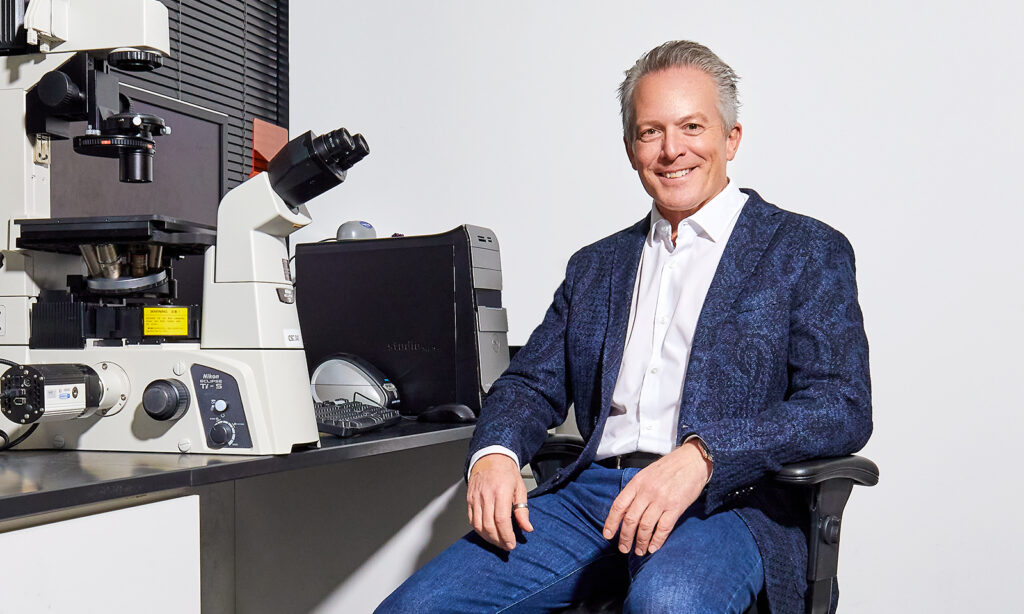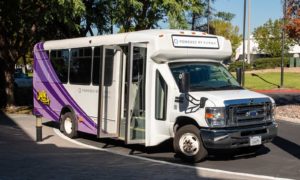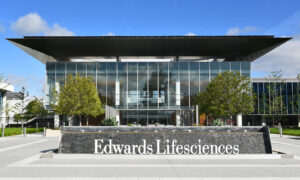In a city filled with ambitious entrepreneurs, Hans Keirstead is chasing some truly bold dreams. Celebrated globally for his research, which showed stem cells could help partially paralyzed rats regain use of their limbs, he has since founded six companies, one of which is hot on the trail of a cancer vaccine.
His other firm – no less aspirational – seeks to extend the human life span.
A ‘springboard’ for his career
Keirstead grew up in Canada, where he won an award for the nation’s best doctoral thesis, and moved to Irvine in 2000. He was drawn by the city’s considerable support for tech innovators, not least of which was a stipend offered by UC Irvine’s Reeve-Irvine Research Center that was five times larger than bids he received from any other university.
“Irvine has been a springboard for my career,” Keirstead says.
“The talent pool is amazing, and you have a top-notch service ecosystem with lawyers, bankers, middle-managers – it’s a full-meal deal.”
As that career has progressed, Keirstead has caught the eye of major media outlets. The New York Times called him the “Pied Piper of Stem Cells.” Orange Coast magazine, detailing his helicopter-flying, motorcycle-riding, and black belt in taekwondo, described him as “an action-figure of a researcher,” gushing over his “tanned, finely chiseled features and the highlights of his lush mane.”
“Irvine has been a springboard for my career. The talent pool is amazing, and you have a top-notch service ecosystem with lawyers, bankers, middle-managers – it’s a full-meal deal.” – Hans Keirstead
After 15 years as a UCI professor, where he founded, directed and raised $77 million for the Sue and Bill Gross Stem Cell Research Center, according to his official bio, Keirstead took a leave to pursue his private projects full time. He has advised U.S. legislators on health care and biotechnology and has testified before the California State Senate. Today, he heads two private stem cell companies headquartered in Irvine.
Lofty goals
AIVITA Biomedical, where he is CEO, has begun trials with human subjects to test a vaccine using stem cell technologies for cancers affecting the brain, skin and ovaries. Immunis, Inc., where Keirstead is board chairman, is pursuing an even more daring dream: a stem cell-based medication that Keirstead says can improve immune system responses as a person ages.
“Some call it a longevity drug,” Keirstead says. “It’s a drug that strengthens the immune system, and in animal models, it has counteracted many signs of aging, from muscle atrophy to metabolism.”
Keirstead’s reputation got an additional boost last May, when he was appointed CEO of the Human Immunome Project, a global nonprofit dedicated to modeling the immune system.
“My work may seem complex, but it all has one common theme: the immune system, which controls almost every aspect of aging and disease,” Keirstead says.
In his 2023 book, “Life, the Universe, and Curing Everything: Leadership Practices for Changing the World,” Keirstead praises people who have influenced his career, from his entrepreneurial father to the Canadian wheelchair athlete Rick Hansen, to disability activist Christopher Reeve, the late wheelchair-bound “Superman” actor. He also describes meeting the Dalai Lama, with whom he says he shares a passion to explore the scientific evidence of consciousness.
Stem cells at the center
At the center of Keirstead’s career are stem cells, which he calls “the building blocks of human life, with great potential … to treat every kind of disease and injury.” Over the years, he has often publicly defended this strategy, as stem cells’ origins, uses and potential have drawn controversy.
In 2004, he successfully lobbied for state bonds that would allocate billions of dollars into California stem cell research through Proposition 71. But he also warns about unethical marketing of stem cells in ways that sell false hope while endangering patients with side effects, including tumors, infections and blood clots.
“I’d say only about 1 in 10 stem cell purveyors are legitimate,” he says. “Unfortunately, there is still very little effective regulation of these companies. So if you’re looking into a treatment for yourself or a loved one, check whether it is FDA-approved. If it isn’t, look for one that is.”










